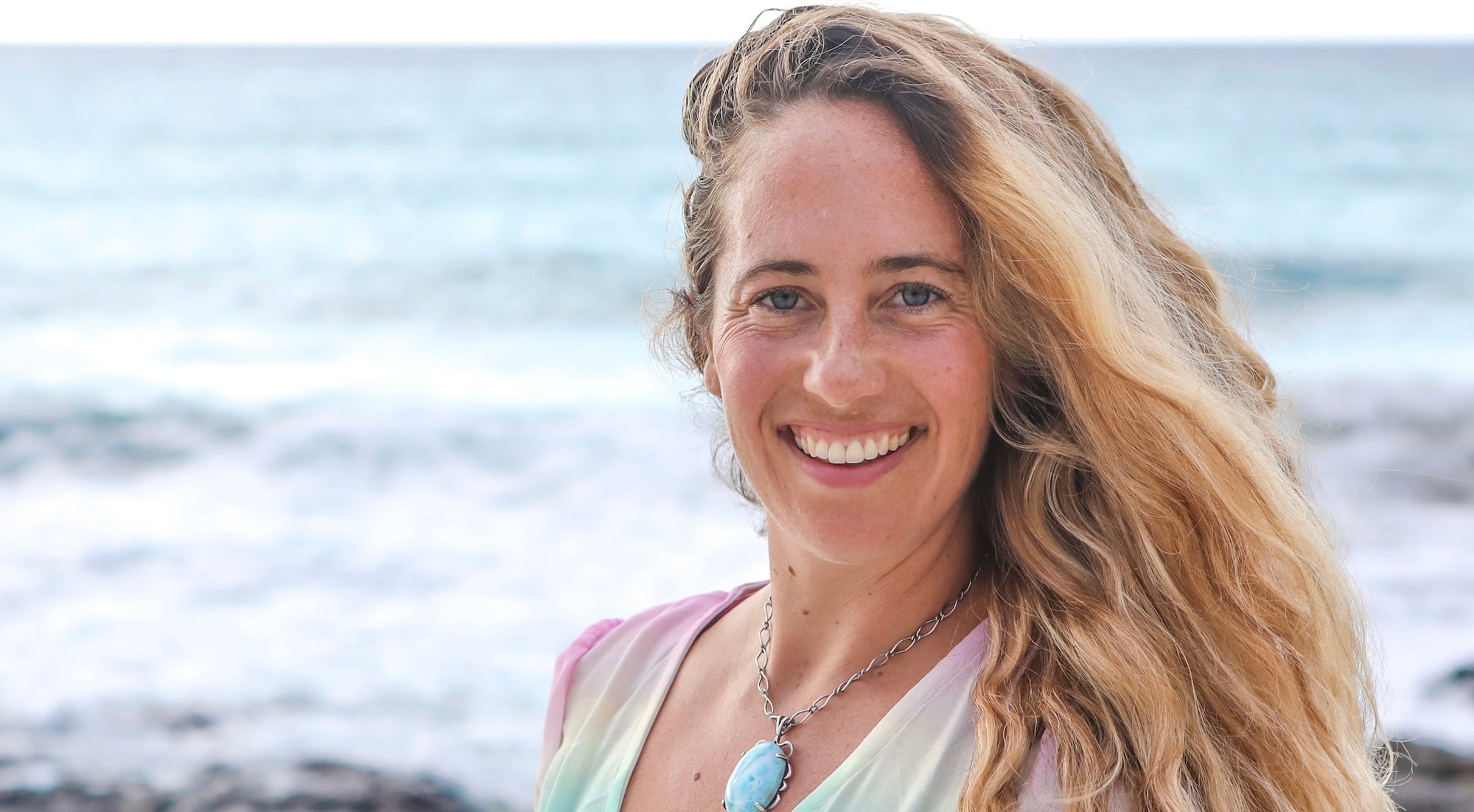When considering the most punishing of sports, artistic swimming might not immediately come to mind. But consider factors like extended oxygen deprivation, concussions, monotonous routines and playing the same song on repeat, over a loudspeaker, for hours and hours, days on end.
The more you think about it, the more you might begin to draw small parallels between the sport and stories of Guantanamo Bay.
A member of three World Championship rosters for the U.S. National Team, Alison Williams says the militant, cutthroat nature of artistic swimming rubbed her the wrong way as a young athlete.
“I remember constantly wondering, isn’t there a better way to do this?” Williams says.
A 2021 graduate of UCLA’s Transformative Coaching and Leadership program, the San Fernando Valley native kept asking that very question, even as she stepped away from the competition field years ago.
The inquiry sparked an unexpected journey for Williams — one that unearthed concerning patterns of depression and emotional abuse among elite synchronized swimming athletes.
Her findings warranted coverage from HBO and even evoked a response from USA Artistic Swimming outlining steps the national governing body was taking to improve conditions for swimmers.
Fascinated by power dynamics, Williams spoke with 56 current and former National Team members, compiling statistics as part of research she completed while interning for U.S. Congressman Ami Bera in Washington D.C. The internship was part of UCLA’s UCDC program, in which Bruin students complete a term of study in Washington on Capitol Hill.
Building on these learnings and her own process of healing after leaving the Olympic team, she founded the Dragon Academy, a program that empowers people to “shed their armor and cultivate aliveness.” The Academy offers immersive personal retreats as well as an online “relational gym.”
Nestled in the Rocky Mountains, just west of Denver, the five-day workshop features somatic-based group exercise, movement practices and connection to nature.
“It’s for people who are looking to unlock their full range of expression,” Williams says.
“We all have our primal character,” she explains. “It’s your default way of showing up in the world – a combination of your preferences, your programming and your unique flavor — your personality.
“And then there’s all these other different ‘flavors’ that you’re not as skilled or not as experienced in,” she adds.
Someone, for example, may rarely express anger after being told to suppress that emotion by a parent or coach.
Williams’ Dragon Academy immersion allows participants to ‘try on different ways of being,’ creating a container (or environment) where it’s safe to experiment. The unique atmosphere allows for personal exploration where retreat-goers learn to face discomfort and rise into their fullest selves.
“There’s usually a reason why somebody is scared to act a certain way or why they feel uncomfortable expressing themselves,” Williams says.
“When we try on new ways of being, that reason comes up to the surface. Revisiting our unprocessed traumas now, with support of other adults, can allow us to finish outstanding integration processes. In addition to identifying the root, we practice “doing a different dance move” to somatically reprogram new responses to historical triggers. That’s how this goes beyond talk therapy.”
An unconventional leader, Williams spent the better part of the last three years running an eco-village and intentional community called Hawaii Eco Retreat. The island community featured group living spaces centered on environmentally-conscious practices.
“Members of those eco-retreat villages were often searching for a place to belong”, Williams says. She too was drawn to the community-centered lifestyle following her career in sports.
“For so many, that’s actually one of the worst parts of your sports career — when you lose this connection you had to a community,” she says. “It can leave you confused, isolated and lonely.”
Knowing she wished to work outside the sports world, Williams made a unique thesis proposition while completing her Master of Education at UCLA — a bid to examine the integrity of the structure of the Hawaian eco-village where she lived. She put several ideas to the test during that exploration period and eventually took over running the property.
“TCL empowered me to step up into leadership,” she says.
Channeling the wisdom of John Wooden, Williams says she leads through joy instead of fear.
“Wooden was one of the first coaches to really look at the holistic health of the whole unit,” Williams notes. “He understood the importance of working together and focusing on the journey rather than the destination.
“And I’ve found that to be much more applicable to the rest of life than what I had learned from so much of my sports career, which was that the destination is the only thing that matters and we’ll just sacrifice ourselves to get there.”
“The TCL program reframed how I viewed what the purpose of a team even was.”
Raised in Northridge, Williams attended Santa Susana High School. She has served as the head coach of the Sacramento Synchronized Swim Team, Nova Synchro of Virginia and as an assistant for Westside Aquatics in Los Angeles. A member of two Pan American Games teams and the National Team for USA Artistic Swimming from 2006-2016, she was the alternate to the 2016 Olympic Duet. She received both her Bachelor’s degree in Sociology and Master of Education in Transformational Coaching and Leadership from UCLA. She founded Hawaii Eco Retreat in 2021, and the Dragon Academy in 2023.
Click here for information about the upcoming immersion in Colorado from November 14-18, 2024.
